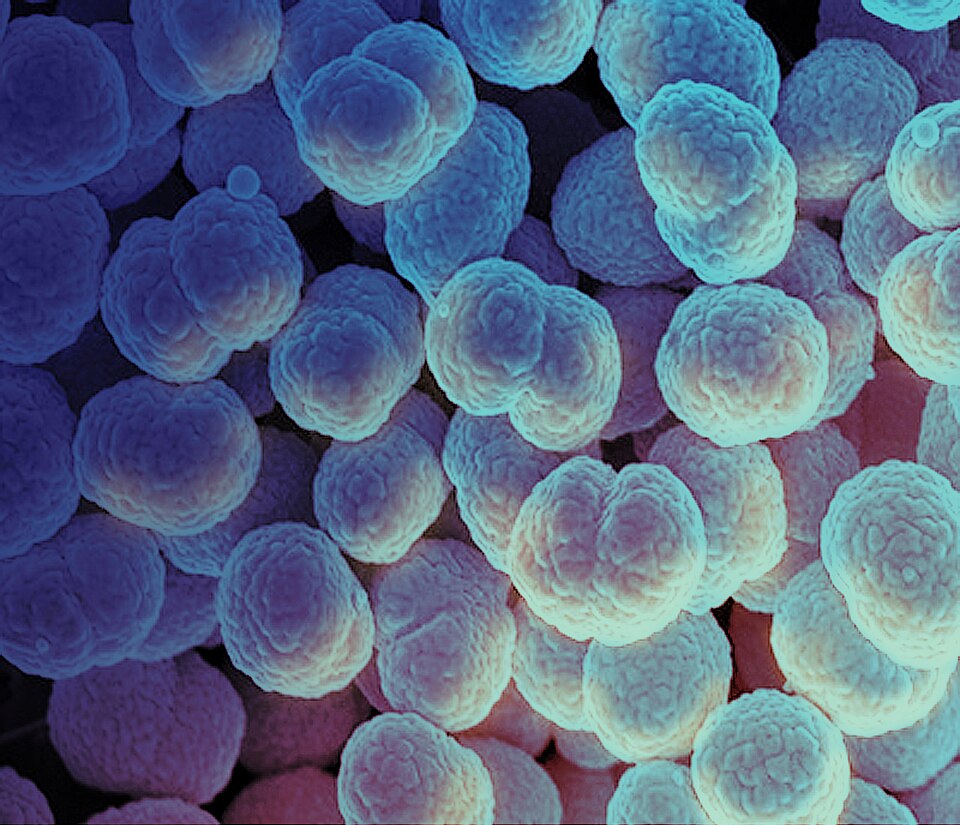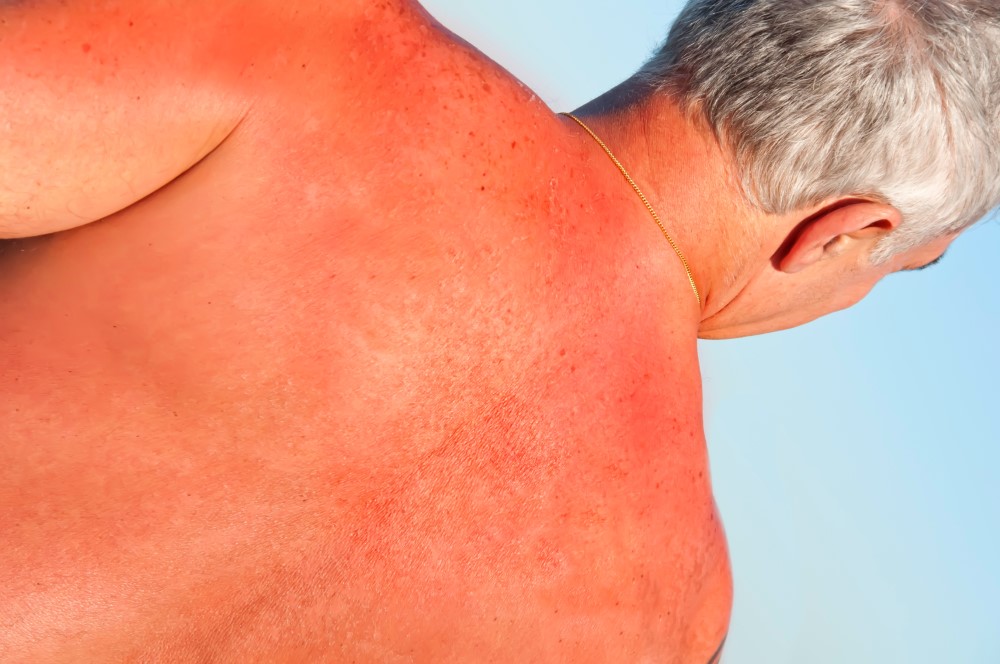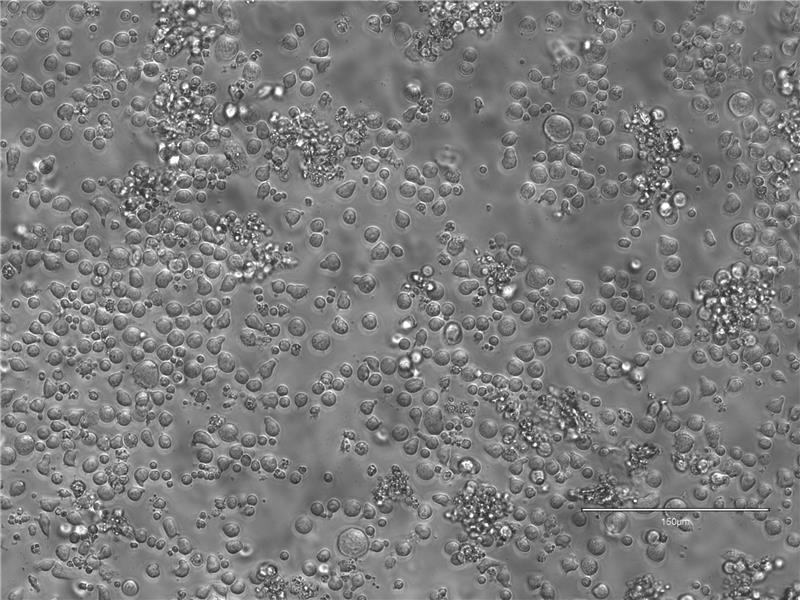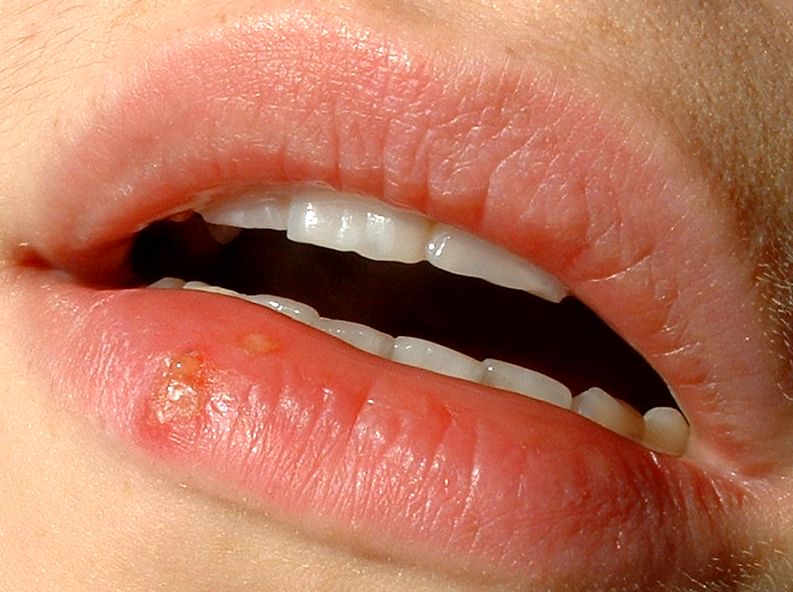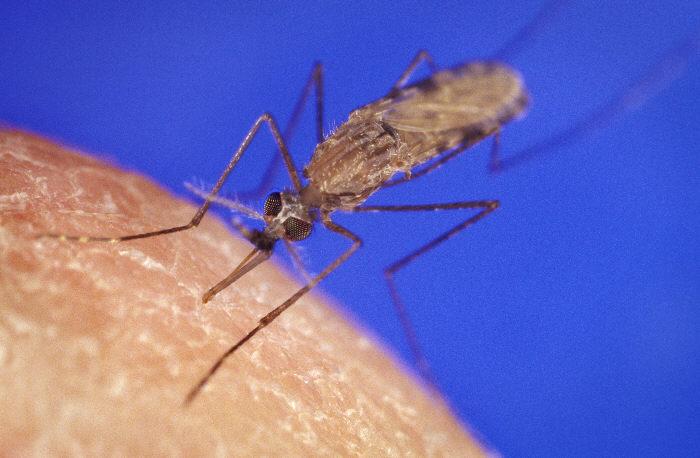The meningococcal B vaccine may provide partial protection against gonorrhoea
Gonorrhoea is the second most common sexually transmitted disease in the world, with 80 million cases each year. There is no effective vaccine, and the bacteria responsible are becoming resistant to common antibiotics. Some studies have suggested that the meningococcal B vaccine, a unrelated bacterium, may offer partial protection against gonorrhoea. Now, an Italian team has identified 17 antibodies that could explain this cross-immunity, which, according to the authors, could be used to develop treatments and vaccines. The results are published in the journal Science Translational Medicine.
